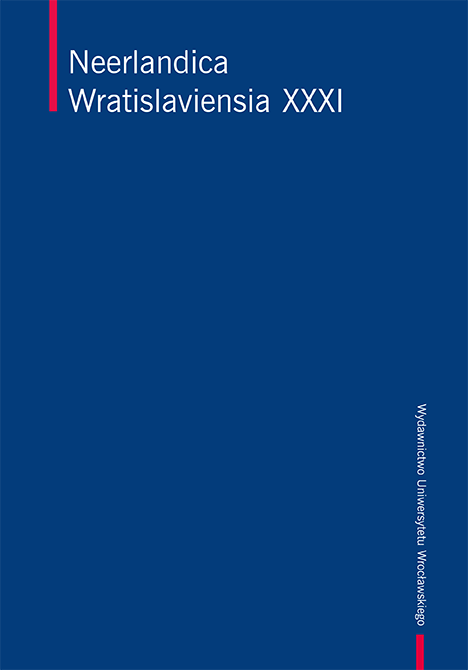Tolken in de zorg: hoe wordt er met anderstalige patiënten gecommuniceerd?
Interpreting in healthcare: How to communicate with non-native patients
Author(s): Pavlína Knap-DlouháSubject(s): Social Sciences, Language and Literature Studies, Sociology, Health and medicine and law, Sociology of Literature
Published by: Wydawnictwo Uniwersytetu Wrocławskiego
Keywords: public service interpreting; community interpreting; healthcare interpreting; natural interpreting; language brokering; Migrant-friendly hospitals.
Summary/Abstract: This article analyzes structures within which interpreters are deployed in the healthcare sector in the Netherlands and the Czech Republic. It pays particular attention to the status, conditions, and guidelines that guarantee the provision of interpreting services. The first part also explains some important concepts that are closely related to healthcare interpreting, including language brokering and natural interpreting.Despite the fact that funding for interpreting services was stopped by the government (2012), it is a developed field in the Netherlands. As a reaction to the abolition, there was a wave of protests; many parties believe that this has compromised one of the human rights (the right to access to care). In the Czech Republic, a new law was introduced (2011), the Health Services and Conditions of Provision Act, which guarantees patients the right to communication that is understandable to the patient. Since then, certain facilities were introduced that should make communication with non-native speaking patients effective. Nevertheless, more experience and knowledge should be brought in to be able to speak of a good organizational structure and quality.
Journal: Neerlandica Wratislaviensia
- Issue Year: 31/2021
- Issue No: 1
- Page Range: 95-106
- Page Count: 12
- Language: Dutch

